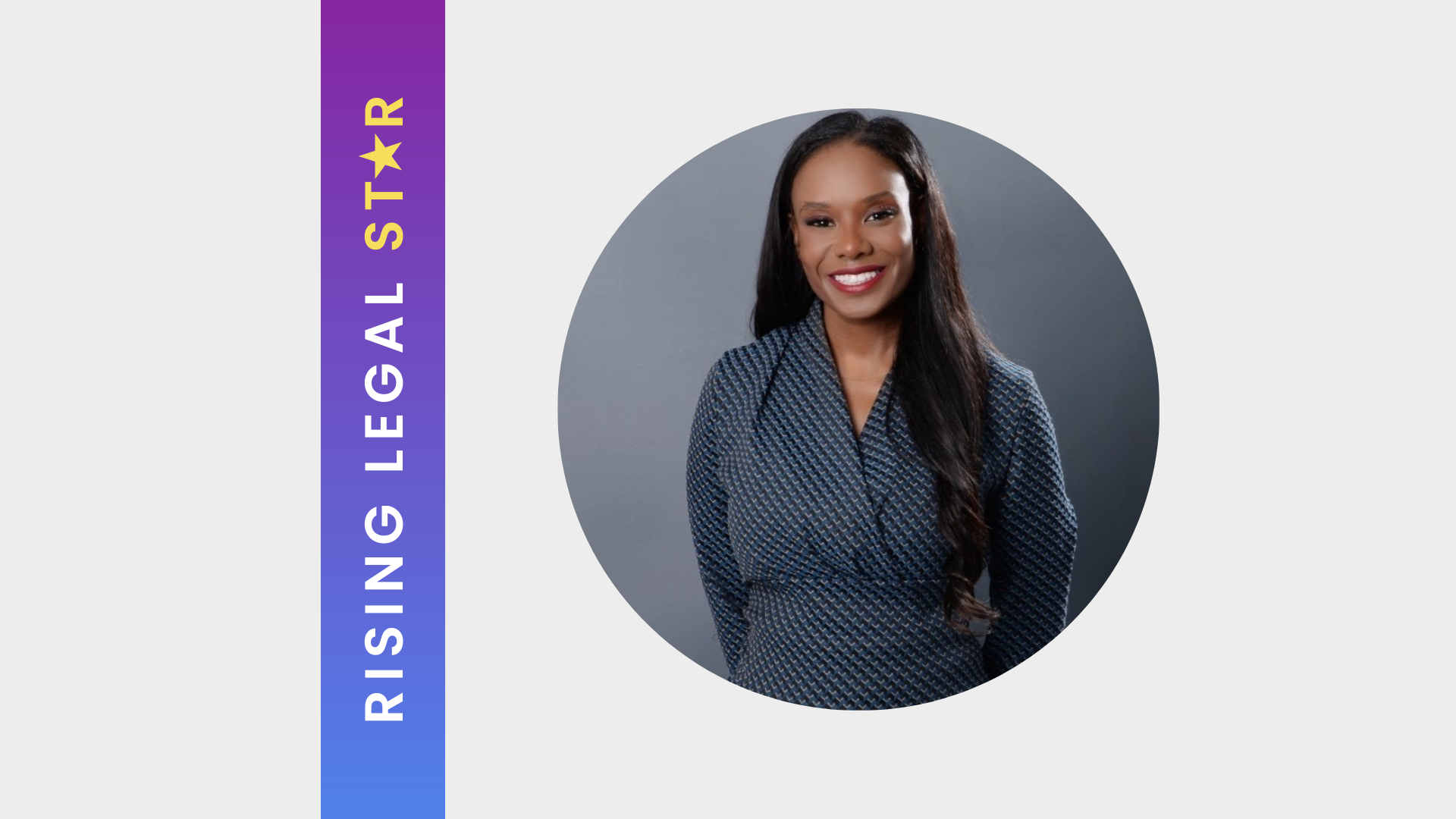A journey down under: Karim's story
New PaKarim has been with Hydrogen for four years, and last year made the move from our London office over to Sydney. We interviewed him to find out more about his move.

What made you want to get into recruitment in the first place?
Like a lot of people I know who get into recruitment, the main reason was financial. I’d always thought of going into Financial Services and found it an interesting industry. But recruitment allows me to combine learning the Financial Services sector with the ability to determine my financials, so I kind of get the best of both worlds! I’ve been doing this for over four years now and I can see myself continuing to progress in Sydney and reaping the rewards.
New Paragraph
How did your journey end up with you moving to Sydney?
Well, I started in Hydrogen’s London office in 2015 and spent about two years there before deciding to take some time out to go travelling around Australia. It was during that time where the opportunity to work in our Sydney office came up. I took the opportunity because I thought it’d be an amazing chance to get to know the people in the Sydney office, as well as the market and whether it differed from London. The fact that it was made possible for me to do this was a testament to Hydrogen’s flexibility and how accommodating they are to their employees.
How has Hydrogen changed and evolved since you joined?
I think, as a company, it would’ve been easy to have gone down the corporate route due to the level of growth we have experienced in recent years, but I’m really pleased we didn’t. Instead, we adapted to the changing environment and retained our relaxed culture. The reason why I chose Hydrogen over other companies is down to the fact that the culture is embedded into the heart of what we do. We work hard and play hard. The added flexibility makes a difference and that’s the only thing I think has changed dramatically. The fact that we can work a day a week from home in Sydney is great!
What are some of the challenges you faced when you first moved to Sydney?
The distance and the fear of unknown! Acclimating myself to the idea that I’m moving somewhere permanently was challenging. You know, for a week or two on holiday is okay, but picking up and leaving everything I know for the fear of the unknown was difficult. I committed to a two-year working visa and had no idea if I would even do well – the fear of failure also playing a part! Luckily, Hydrogen has been very accommodating in putting plans in place to prevent this from happening. It also really helped to have spent 3-months there before making the decision to move out, as it allowed me to get to know the team, markets and lifestyle.
What do you like doing for fun in Sydney?
As a team we’re a really close and outgoing bunch of people. We spend time together outside of the office and do a lot of activities together. We have Friday lunches, incentives drinks, and play 5-a-side football too. It was great because when I initially came over for three months, I got to know the team better and enjoyed the culture they have in Sydney. The incentive and team culture is great for performance because it just reinforces that we’re working towards a common target.
What would be your advice for other Hydrogen Group employees thinking about taking the leap into international travel?
Just do it. I know that’s easier said than done but knowing now how it is here makes me realise that the worry and fear of the unknown was for nothing. I would just say, be the yes wo/man and embrace the change. Think about the opportunity and how it has the ability to change your life. In Sydney, the main difference I found was the weather and the fact that people are a lot more chilled out!
What do you value most about Hydrogen as an employer?
The commission structure. It’s very competitive and unlike the majority of recruitment companies out there. I also think the main sell is the people that Hydrogen employs. It’s a good mix, and the company is big enough to be corporate enough and being in the Sydney office we have the added benefit of having a start-up feel.
Want to find out more about working in one of Hydrogen Group’s international offices? Check out our vacancies for Experienced Recruiters and Graduates now!
Our latest insights







